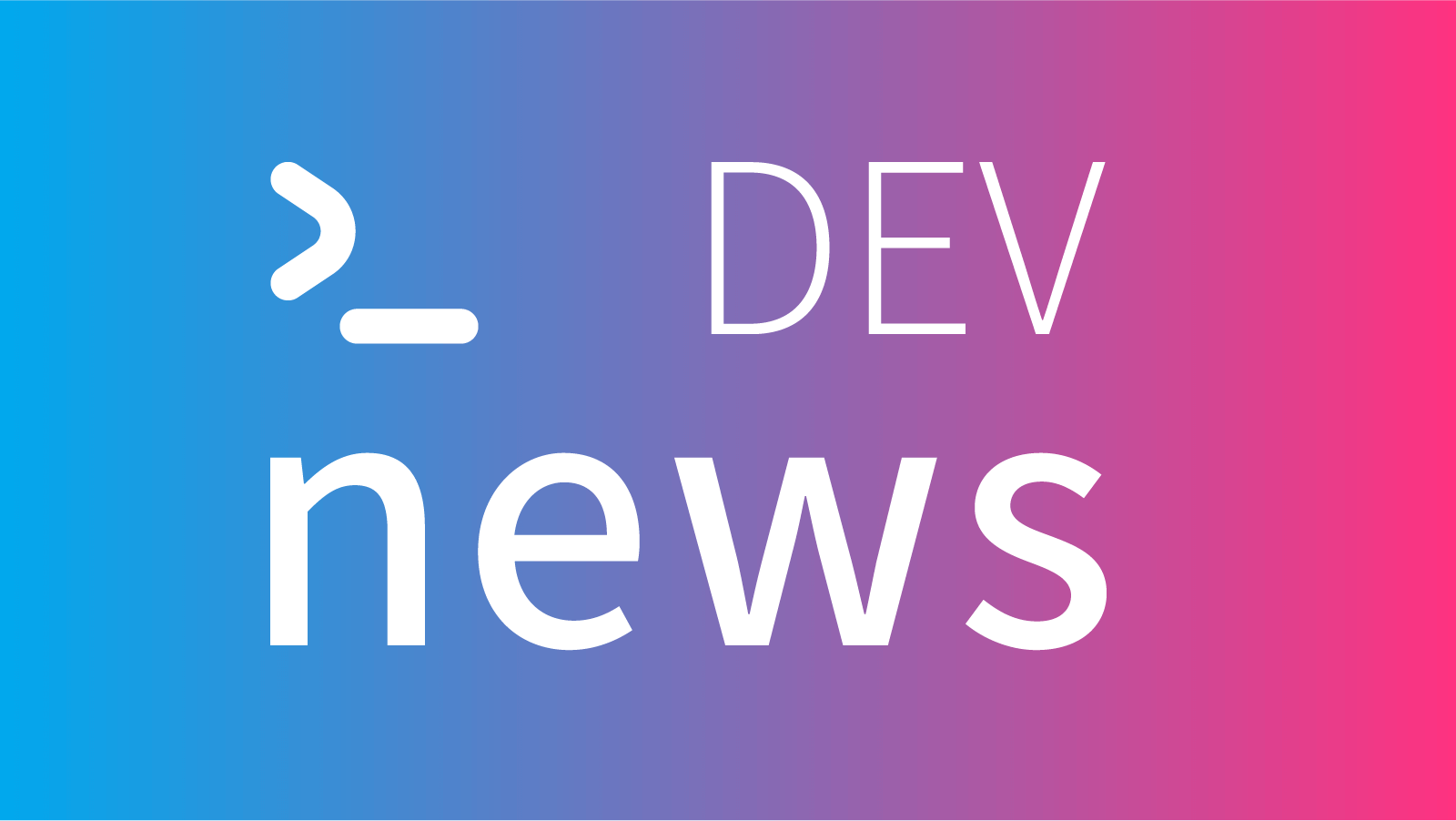Voice Agent Development Now Supported by OpenAI API

AI-Powered Voice Agents via OpenAI API
OpenAI has recently unveiled its latest feature: customizable AI-powered voice agents that can be integrated into various applications through an OpenAI API. This advancement enhances the user’s interaction with software, allowing voice agents to understand and process language better and provide a more dynamic experience.
Enhanced Speech Capabilities
The API introduces new models for both speech-to-text and text-to-speech functionality. These models are built upon the advanced architectures of GPT-4o and GPT-4o-mini, offering notable improvements over OpenAI’s previous text-to-speech models, such as Whisper. The companies state that these newer models not only perform better but are also more cost-effective.
One of the standout features of the new text-to-speech model is its enhanced "steerability." Developers can now instruct the AI to adopt specific tones or styles during its speech. For instance, a developer can command the AI to converse like a compassionate customer service representative, tailoring interactions to suit various scenarios. This flexibility opens doors for diverse applications in customer support, gaming, and more.
Exploring New Features
To demonstrate the capabilities of the text-to-speech functionalities, OpenAI has set up a demo where developers can experiment with the new models. Additionally, there is an opportunity for coders to showcase their developments on X (formerly Twitter), with a chance to win prizes through a contest organized by OpenAI. This initiative encourages creativity and innovation among developers using the API.
Tools for Development
OpenAI has also introduced the Agents SDK, which simplifies the process of developing voice agents. Developers can leverage this SDK to quickly turn their existing text-based agents into fully functional voice agents with minimal coding. This significant reduction in development time aims to streamline the creative process for developers.
Partnership: TanStack and Netlify
In another exciting development, TanStack, an innovative framework creator, has established a partnership with Netlify to aid in the deployment of TanStack Start, a full-stack React framework that utilizes TanStack Router. Currently in beta, this collaboration aims to enhance deployment efficiency for developers.
Advantages of the Partnership
TanStack has highlighted why it specifically chose Netlify as its deployment partner, emphasizing several key benefits:
- Quick Setup: Developers can deploy TanStack Start apps in mere seconds with no configuration hassle.
- Serverless Features: With Netlify Functions, dynamic and real-time features can be easily implemented.
- Global Edge Network: Ensures faster load times and better performance for web applications.
- Developer-Centric Tools: Emphasizes ease of use and simplicity for developers in deploying applications.
As part of their collaboration, Netlify has introduced a full-stack AI chatbot starter template, showcasing the data management capabilities of TanStack Start combined with Netlify Functions.
Future Developments
Tanner Linsley of TanStack has suggested that developers can anticipate further updates, new features, and enhanced collaboration between TanStack Start and Netlify. They plan to host a special episode on Netlify’s Remote Desk series, featuring live demonstrations and developer tips to aid in maximizing the framework’s potential.
Official Discord for Node.js Community
The Node.js community has launched an official Discord server, establishing a structured platform for developers to communicate and collaborate. Run by the OpenJS Foundation and Reactiflux, this server aims to bring together enthusiasts of Node.js in one dedicated space.
Node.js is a widely-used, open-source JavaScript runtime environment used to create server-side applications. The new server is expected to facilitate discussions, share resources, and offer support among developers across the globe.
Bun’s Node-API Compatibility Update
Bun, a JavaScript runtime that is designed as a fast alternative to Node.js, has announced an upgrade to its Node-API compatibility. The recent version 1.2.5 of Bun includes a nearly rewritten Node-API implementation, making it easier for developers to integrate with the Node.js environment.
This update is significant because Node-API enables developers to create high-performance native modules that can be embedded in various JavaScript runtimes. With the improved compatibility, Bun can now effectively work with Node.js’s native modules, allowing for better performance and wider usage of libraries.
Insight into Bots in Gaming
In a recent survey by Echelon Insights, it was found that 59% of gamers frequently encounter unauthorized bots in games. This finding raises concerns about the impact of these bots on the gaming experience.
- Competitive Disruption: 71% of gamers believe bots detract from the multiplayer competition.
- Decreased Enjoyment: 74% think bots make certain games less enjoyable.
- Player Responses: Some gamers (18%) have even decided to stop playing specific games entirely due to bot interference.
In response to these findings, World Network and Razer are collaborating to foster a more authentic gaming environment by introducing a secure sign-on system called Razer ID Verified by World ID. This initiative aims to prioritize human gamers has a safe and enjoyable experience.
Through these developments, the landscape of technology and gaming continues to evolve, providing new tools and opportunities for developers and users alike.





